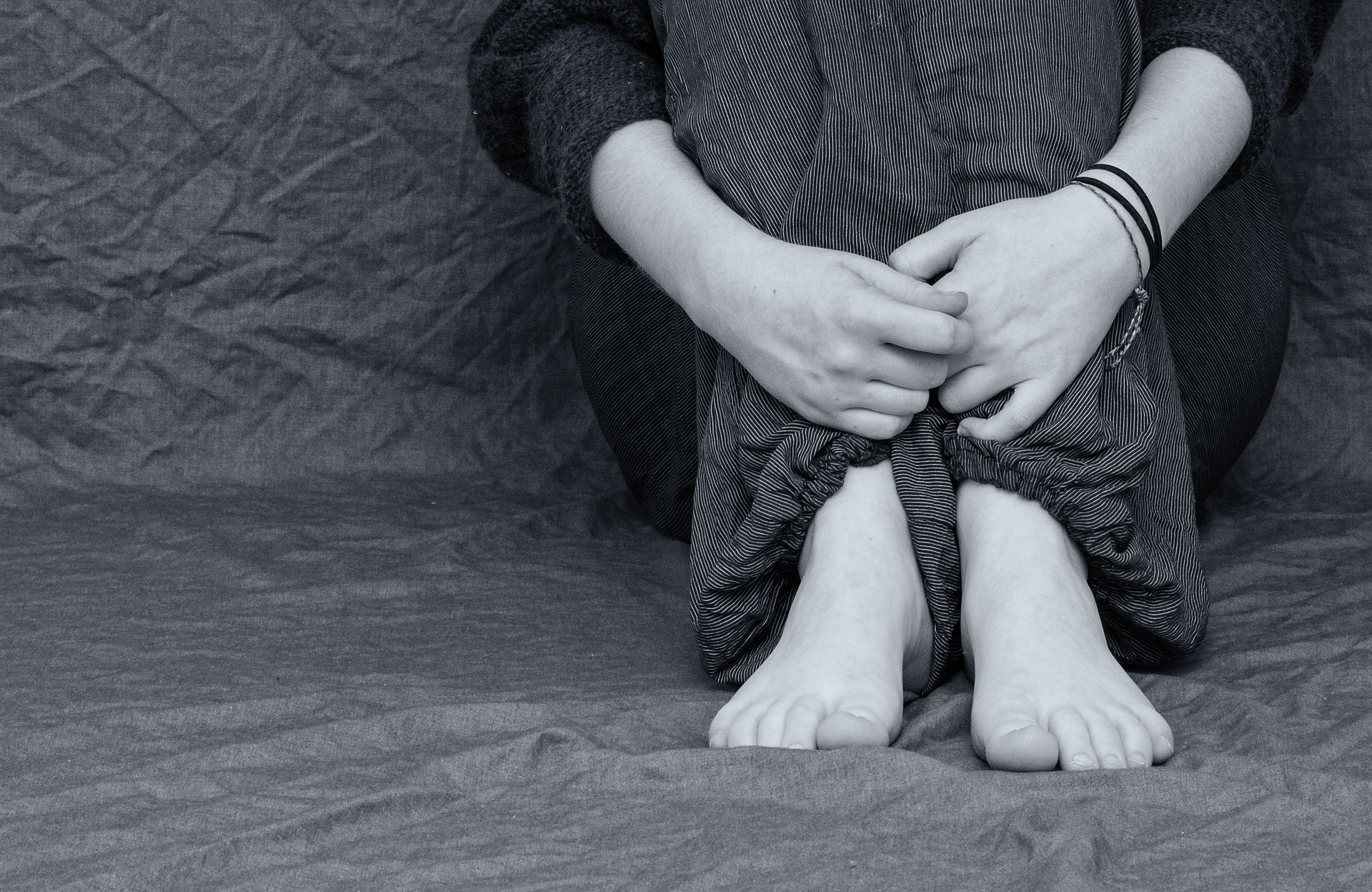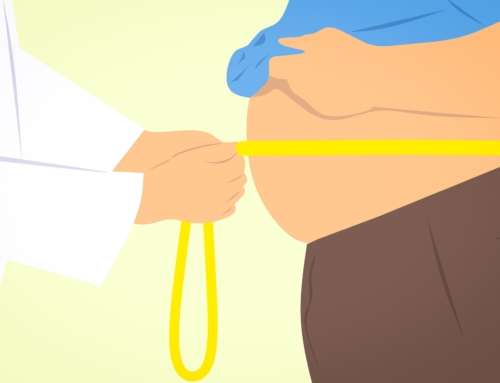Fear is a very real response that has several components. As COVID ramps back up I am hearing more and more fear and here are a few observations:
o Fear can control you
o Fear can dictate a whole nation
o Common sense gets thrown out the window with fear
o Fear can divide families/friends/coworkers
So let’s take a moment to understand fear and 5 tips to help you manage it…. READ ON
Fear is a natural response to a threat. It has several components: physical and emotional.
Fear naturally produces a biochemical reaction when confronted with a perceived threat. Our adrenaline levels go up and creates the so called “fight or flight” response that prepares us for combat or running away. Symptoms vary but can include high heart rate, sweating, nausea, upset stomach, diarrhea, and chest pain to name a few. Psychological symptoms can include feeling overwhelmed, upset, panic or feeling out of control.
There is also an emotional response to fear and this varies from person to person. The perception of fear depends on the person. Some people are thrill seekers and have little fear while others are fearful of many things and avoid it at all costs.
When fear takes over us some people freeze while others literally run. Part of this is the physical biochemical response vs and emotional response and the combination of these two.
Studies are being done assessing the level of fear and health anxiety in populations due to COVID. A recent study published in April 2021 reports that roughly 21% of participants met the criteria for anxiety and 19% were considered borderline anxiety. That’s roughly 40% of those surveyed reporting some type of fear. So, you are not alone!
Isolation can also increase fear and anxiety. Studies from prior infections have reported isolation alone is a risk factor for increased anxiety, fear and even anger and these symptoms persisted even 6 months after coming out of isolation.
Here are five tips to help you cope with fear:
- Get support – surround yourself with supportive people in your life
- Practice mindfulness. Recognize you are having negative thoughts and make an effort to be present and replace them with a positive thought
- Sleep! Lack of sleep only makes your thoughts worse.
- Do a release journal and write down what you are afraid of and then rip it up, shred it or burn it to release it
- Focus on the senses: if you start to feel panicked then pick 5 things you can see (curtains are grey, the plant is green etc), 4 things you can touch and feel (dogs fur is soft, the rug is soft), 3 sounds you can hear (cars, birds chirping), 2 things you can smell (coffee, lotion) and 1 thing you can taste (think of tasting). Name them and say them to yourself. Really focus on each one of these before you move to the next category.
If your fear is taking over your life then get help. There are many techniques that professionals can use to help you thru this time, too.
We all need to remember that everyone processes challenges differently. We are living in an exceptional time that is polarized by social media, television & politics. Is COVID alarming? Absolutely!! Should we pay attention? Absolutely! Should we be afraid? In my opinion, fear is not helpful. We need to respect the disease and be cautious. We need to do what we can to keep ourselves safe. At the end of the day though, we also need to use some common sense and be respectful to each other. Everyone has their own fear threshold and just because someone doesn’t believe in getting the vaccine or not getting the vaccine doesn’t mean that person deserves ridicule.
To your health,
Laura









